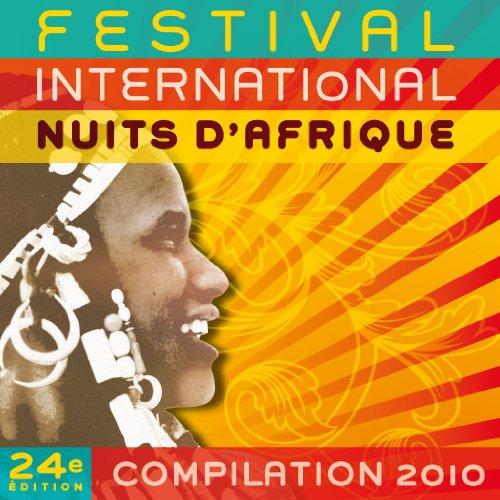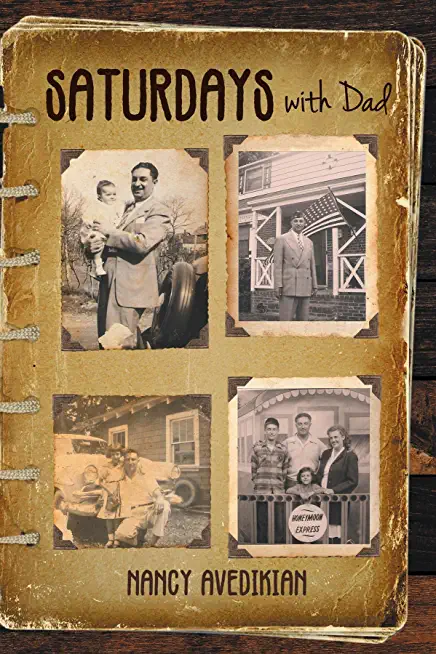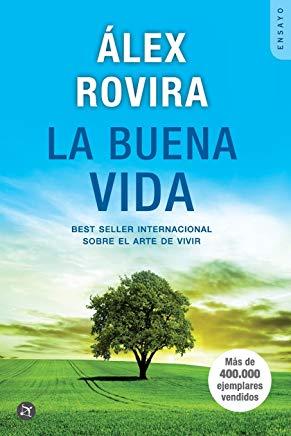
description
with the philosophies of one of the twentieth century's greatest spiritual teachers in Freedom: The Courage to Be Yourself. In Freedom, Osho outlines three stages of freedom. The first is "freedom from," which is a freedom that comes from breaking out of what he calls the "psychological slavery" imposed by outside forces such as parents, society, or religion. The next stage is "freedom for," a positive freedom that comes from embracing and creating something--a fulfilling relationship, for example, or an artistic or humanitarian vision. And lastly there is "just freedom," the highest and ultimate freedom. This last freedom is more than being for or against something; it is the freedom of simply being oneself and responding truthfully to each moment. This book helps readers to identify the obstacles to their freedom, both circumstantial and self-imposed, to choose their battles wisely, and to find the courage to be true to themselves. Osho challenges readers to examine and break free of the conditioned belief systems and prejudices that limit their capacity to enjoy life in all its richness. He has been described by the Sunday Times of London as one of the "1000 Makers of the 20th Century" and by Sunday Mid-Day (India) as one of the ten people--along with Gandhi, Nehru, and Buddha--who have changed the destiny of India. Since his death in 1990, the influence of his teachings continues to expand, reaching seekers of all ages in virtually every country of the world.
member goods
No member items were found under this heading.
listens & views

FESTIVAL INTERNATIONAL NUITS D'AFRIQUE 24IEME ...
by FESTIVAL INTERNATIONAL NUITS D'AFRIQUE 24IEME EDIT
COMPACT DISCout of stock
$16.99
Return Policy
All sales are final
Shipping
No special shipping considerations available.
Shipping fees determined at checkout.






